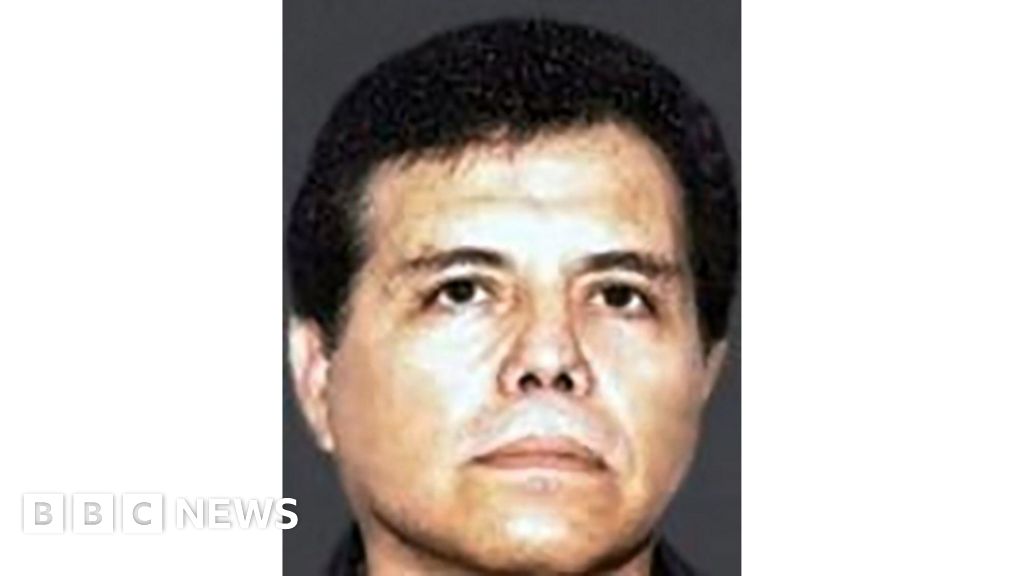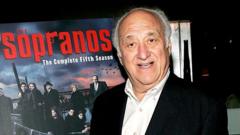Lehrer, a Harvard-educated mathematician, gained fame throughout the 1950s and 1960s for his clever musical commentary on political and social issues. His compositions made a lasting impact on contemporary comedians, such as Weird Al Yankovic, who acknowledged Lehrer's influence on their artistry. The news of Lehrer's passing was confirmed by his friend, David Herder, to the New York Times.
Born in New York City in 1928, Lehrer was a gifted pianist who ultimately devoted much of his life to academia. His teaching career spanned prominent institutions, including Harvard, MIT, and the University of California. A prodigy, Lehrer graduated early from Loomis Chaffee School and earned his mathematics degree from Harvard in 1946 at just 18. Although he pursued a PhD at Columbia, he never completed it, opting instead to entertain friends with his original lyrics during his time at Harvard.
Among Lehrer's most beloved songs are "The Elements"—a playful enumeration of the chemical elements to the tune of Gilbert and Sullivan's "I Am the Very Model of a Modern Major-General"—as well as "The Masochism Tango," where a lover expresses an intriguing passion for pain. His repertoire of iconic tunes includes "I Hold Your Hand in Mine," a darkly comedic ballad, and "Poisoning Pigeons in the Park," which whimsically discusses the lethal fate of pigeons.
Lehrer's rise to prominence began with the 1953 release of "Songs by Tom Lehrer," an album that was initially sold through the mail and became a bestseller with over half a million copies sold. However, it faced censorship as the BBC banned most of its songs the following year. Following this unexpected success, Lehrer performed at various nightclubs in major cities and at events associated with anti-war and leftist movements.
He contributed songs to the US version of the British comedic program "That Was the Week That Was," with notable pieces that critiqued political and religious institutions, such as the controversial "Vatican Rag." One of his most memorable and darkly humorous songs, "We Will All Go Together When We Go," playfully addresses mortality with absurd imagery of frying together.
In addition to his musical career, Lehrer wrote for the children's educational show "The Electric Company" in the 1970s. His songs received renewed attention in 1980 when theater producer Cameron Mackintosh staged a musical revue titled "Tomfoolery," showcasing Lehrer's work. From 1972 until 2001, he also educated students in mathematics and musical theatre at the University of California.
In a groundbreaking decision, Lehrer placed his songwriting copyrights in the public domain in 2020, inviting others to perform and interpret his work freely. He remarked on his website at that time, "In short, I no longer retain any rights to any of my songs. So help yourselves, and don't send me any money." He hinted that his website would be discontinued soon, though it remains active as of the latest updates.
Born in New York City in 1928, Lehrer was a gifted pianist who ultimately devoted much of his life to academia. His teaching career spanned prominent institutions, including Harvard, MIT, and the University of California. A prodigy, Lehrer graduated early from Loomis Chaffee School and earned his mathematics degree from Harvard in 1946 at just 18. Although he pursued a PhD at Columbia, he never completed it, opting instead to entertain friends with his original lyrics during his time at Harvard.
Among Lehrer's most beloved songs are "The Elements"—a playful enumeration of the chemical elements to the tune of Gilbert and Sullivan's "I Am the Very Model of a Modern Major-General"—as well as "The Masochism Tango," where a lover expresses an intriguing passion for pain. His repertoire of iconic tunes includes "I Hold Your Hand in Mine," a darkly comedic ballad, and "Poisoning Pigeons in the Park," which whimsically discusses the lethal fate of pigeons.
Lehrer's rise to prominence began with the 1953 release of "Songs by Tom Lehrer," an album that was initially sold through the mail and became a bestseller with over half a million copies sold. However, it faced censorship as the BBC banned most of its songs the following year. Following this unexpected success, Lehrer performed at various nightclubs in major cities and at events associated with anti-war and leftist movements.
He contributed songs to the US version of the British comedic program "That Was the Week That Was," with notable pieces that critiqued political and religious institutions, such as the controversial "Vatican Rag." One of his most memorable and darkly humorous songs, "We Will All Go Together When We Go," playfully addresses mortality with absurd imagery of frying together.
In addition to his musical career, Lehrer wrote for the children's educational show "The Electric Company" in the 1970s. His songs received renewed attention in 1980 when theater producer Cameron Mackintosh staged a musical revue titled "Tomfoolery," showcasing Lehrer's work. From 1972 until 2001, he also educated students in mathematics and musical theatre at the University of California.
In a groundbreaking decision, Lehrer placed his songwriting copyrights in the public domain in 2020, inviting others to perform and interpret his work freely. He remarked on his website at that time, "In short, I no longer retain any rights to any of my songs. So help yourselves, and don't send me any money." He hinted that his website would be discontinued soon, though it remains active as of the latest updates.




















